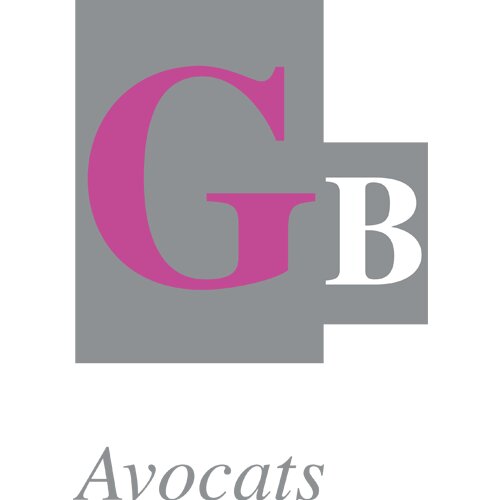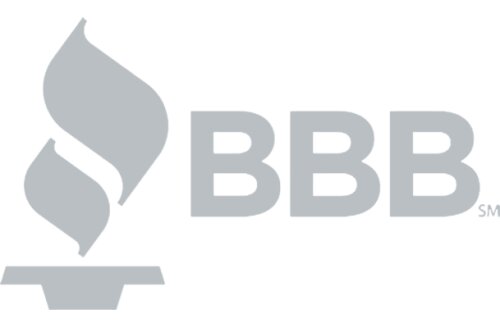Best Corporate Governance Lawyers in Luxembourg
Share your needs with us, get contacted by law firms.
Free. Takes 2 min.
Or refine your search by selecting a city:
List of the best lawyers in Luxembourg
About Corporate Governance Law in Luxembourg
Corporate governance in Luxembourg refers to the set of processes, rules, and practices by which companies are directed and controlled. It establishes the framework for attaining a company’s objectives, balancing the interests of shareholders, management, customers, suppliers, financiers, the government, and the community. Luxembourg’s position as a major international financial center means its corporate governance laws are designed to instill confidence, transparency, and accountability in businesses operating in the jurisdiction. The country applies both statutory obligations and best practice recommendations, particularly the Ten Principles of Corporate Governance established by the Luxembourg Stock Exchange.
Why You May Need a Lawyer
Corporate governance law can be complex and nuanced. You may require legal help in corporate governance for a variety of reasons, such as:
- Ensuring your company complies with local corporate governance requirements
- Drafting and reviewing board charters, internal control policies, or shareholder agreements
- Advising on director duties, liabilities, and managing conflicts of interest
- Resolving disputes among shareholders, directors, or with regulators
- Implementing or assessing risk management and compliance programs
- Advising on company restructuring, mergers, and acquisitions, all of which require careful governance planning
- Handling regulatory investigations or enforcement actions
Lawyers with expertise in corporate governance law can help businesses avoid costly mistakes, implement best practices, and navigate complex legal challenges that may arise throughout the company’s lifecycle.
Local Laws Overview
Luxembourg’s corporate governance framework primarily derives from:
- The Law of 10 August 1915 on Commercial Companies (as amended), which provides the foundation for corporate structures and governance obligations
- The Ten Principles of Corporate Governance released by the Luxembourg Stock Exchange, which represent soft law recommendations for listed companies
- Specific regulations from the Commission de Surveillance du Secteur Financier (CSSF) for entities such as banks, investment funds, and other financial institutions
- European Union directives, which Luxembourg implements as part of its obligations as an EU Member State
Some key aspects include requirements for proper board structure, director independence, internal controls, risk management procedures, transparency in decision-making, and the disclosure of significant transactions. Particular attention is given to protecting minority shareholders’ interests and ensuring proper record-keeping and reporting.
Frequently Asked Questions
What is the minimum requirement for a company’s board of directors in Luxembourg?
In most cases, a public limited company (SA) in Luxembourg must have at least three directors, while a private limited liability company (SARL) can be managed by one or more managers. The company’s articles of association specify further requirements.
Are there any residency requirements for directors?
Generally, there are no legal residency requirements for directors in Luxembourg. However, for tax and substance purposes, it is advisable to have resident directors to demonstrate local management and control.
Do Luxembourg companies have to abide by any corporate governance code?
Listed companies must comply with or explain any deviation from the Ten Principles of Corporate Governance set by the Luxembourg Stock Exchange. Unlisted companies may follow them as best practice, though they are not mandatory.
What are the key recommendations of the Ten Principles of Corporate Governance?
The Ten Principles encourage effective board functioning, clear division of responsibilities, strong internal controls, proper shareholder rights, transparency, and ethical business conduct.
What are the main director duties under Luxembourg law?
Directors have a duty to act in the company’s best interest, avoid conflicts of interest, exercise care and diligence, and comply with statutory and contractual obligations.
Are shareholder agreements recognized in Luxembourg?
Yes, shareholders may enter into agreements regarding the management or transfer of shares, voting rights, and other governance matters, as long as these do not contravene Luxembourg law or public order.
What is the process for holding general meetings?
General meetings must be convened according to the company’s articles of association and legal requirements regarding notice, quorum, and voting. Minutes must be kept, and resolutions properly recorded.
How does Luxembourg law protect minority shareholders?
Minority shareholders have rights under the law, including access to information, voting rights, and the right to challenge certain company decisions in court if their interests are unjustly prejudiced.
Do Luxembourg laws regulate executive remuneration?
There is no statutory cap on executive pay, but listed companies are encouraged to disclose remuneration policies and practices transparently as part of good governance and investor relations.
What are common penalties for failing to comply with corporate governance requirements?
Penalties can range from administrative fines, civil liability for directors, removal from office, and in severe cases, criminal sanctions. Regulatory authorities may also impose specific remedial actions.
Additional Resources
Individuals seeking further guidance can consult the following:
- Commission de Surveillance du Secteur Financier (CSSF) - The main regulatory authority for financial institutions and listed companies in Luxembourg
- Luxembourg Stock Exchange (Bourse de Luxembourg) - Source for the Ten Principles of Corporate Governance and related guidance
- Ministry of Justice of the Grand Duchy of Luxembourg - Information on company law and corporate structures
- Luxembourg Chamber of Commerce - Practical support and seminars for businesses
- Legal directories and professional associations of lawyers practicing in company and corporate governance law
Next Steps
If you need legal assistance in the field of corporate governance in Luxembourg, consider the following steps:
- Assess your needs - Are you seeking compliance advice, resolving a dispute, or planning corporate changes?
- Prepare relevant company documents, such as articles of association, board minutes, or shareholder agreements for review
- Identify and contact a lawyer or law firm with experience in Luxembourg corporate governance law
- Schedule an initial consultation to discuss your situation, objectives, and possible solutions
- Follow up with requested documentation and maintain clear communication throughout the process
Taking proactive steps and seeking qualified legal advice will help protect your business, fulfill legal obligations, and reinforce trust among stakeholders.
Lawzana helps you find the best lawyers and law firms in Luxembourg through a curated and pre-screened list of qualified legal professionals. Our platform offers rankings and detailed profiles of attorneys and law firms, allowing you to compare based on practice areas, including Corporate Governance, experience, and client feedback.
Each profile includes a description of the firm's areas of practice, client reviews, team members and partners, year of establishment, spoken languages, office locations, contact information, social media presence, and any published articles or resources. Most firms on our platform speak English and are experienced in both local and international legal matters.
Get a quote from top-rated law firms in Luxembourg — quickly, securely, and without unnecessary hassle.
Disclaimer:
The information provided on this page is for general informational purposes only and does not constitute legal advice. While we strive to ensure the accuracy and relevance of the content, legal information may change over time, and interpretations of the law can vary. You should always consult with a qualified legal professional for advice specific to your situation.
We disclaim all liability for actions taken or not taken based on the content of this page. If you believe any information is incorrect or outdated, please contact us, and we will review and update it where appropriate.
Browse corporate governance law firms by city in Luxembourg
Refine your search by selecting a city.















